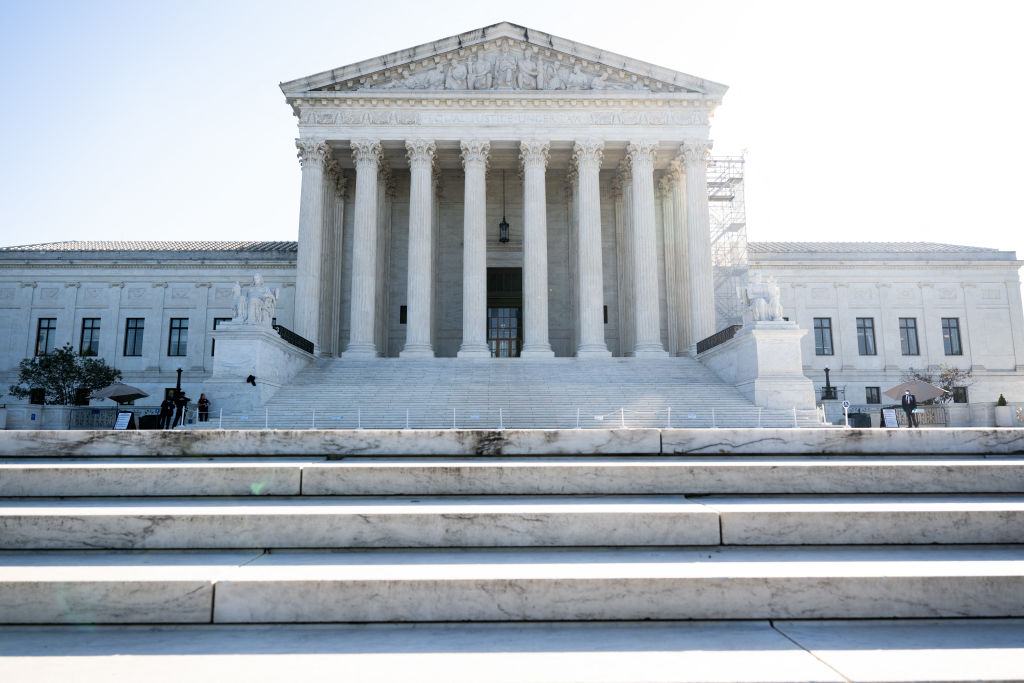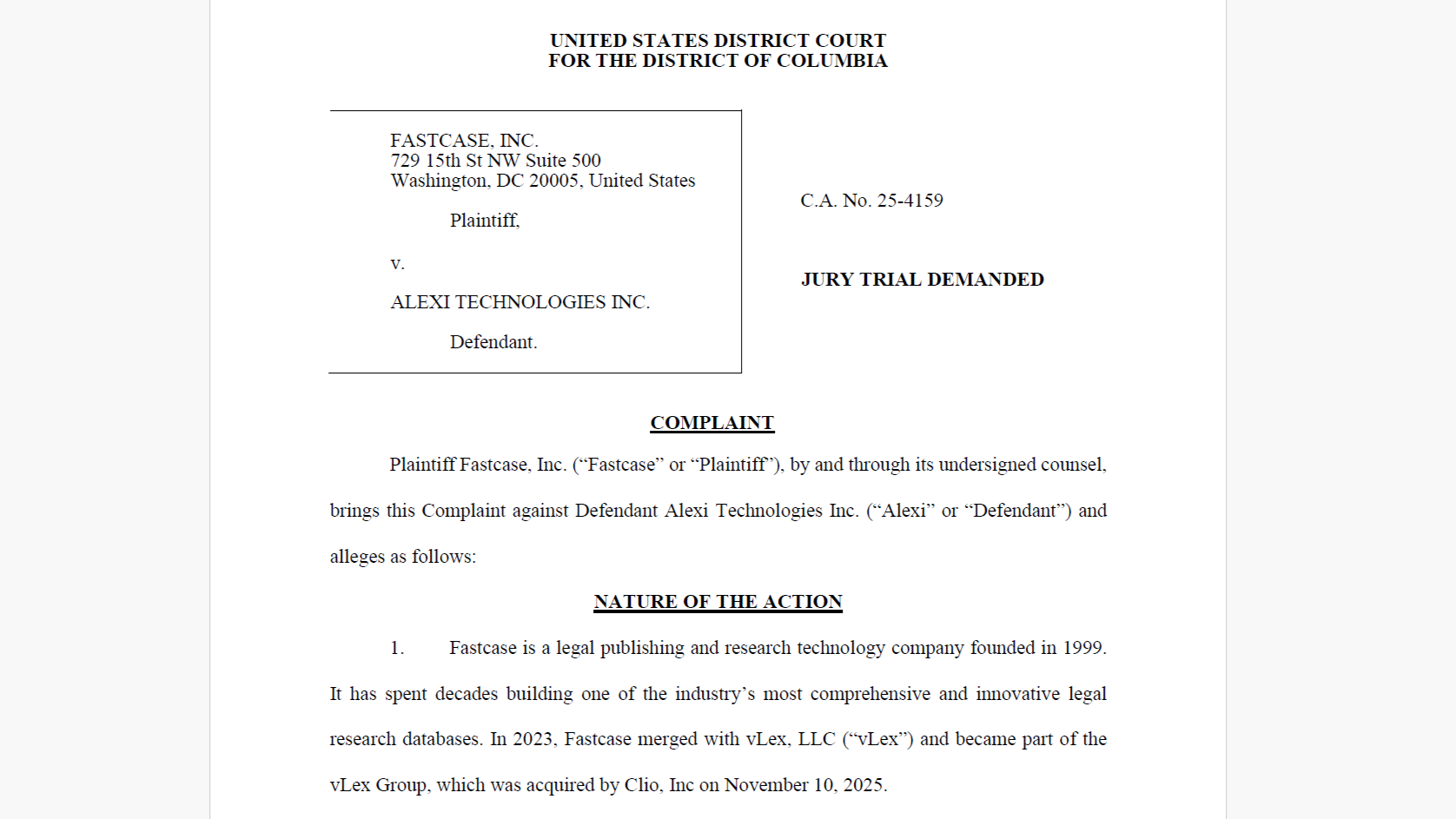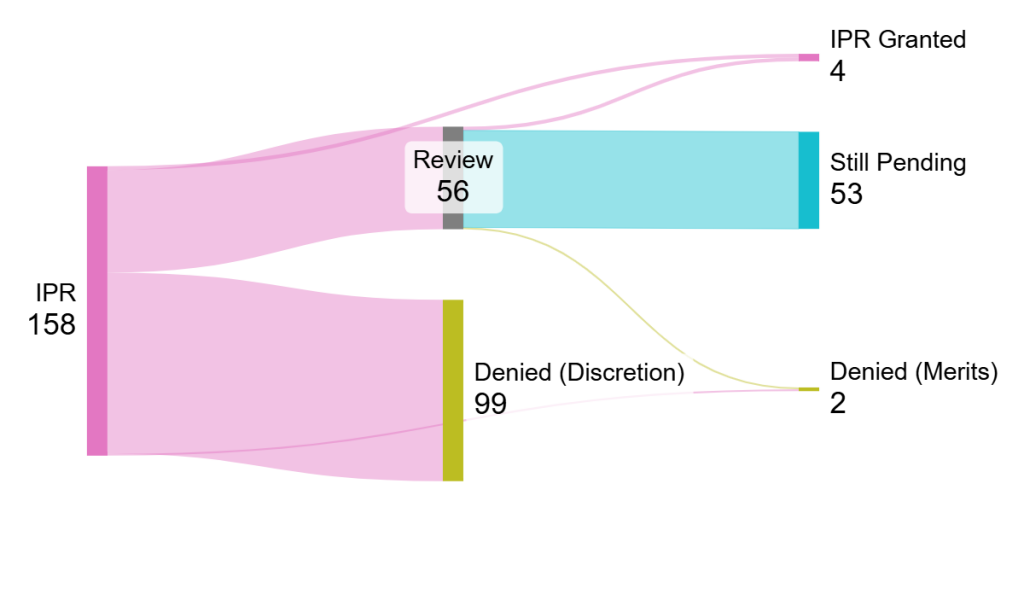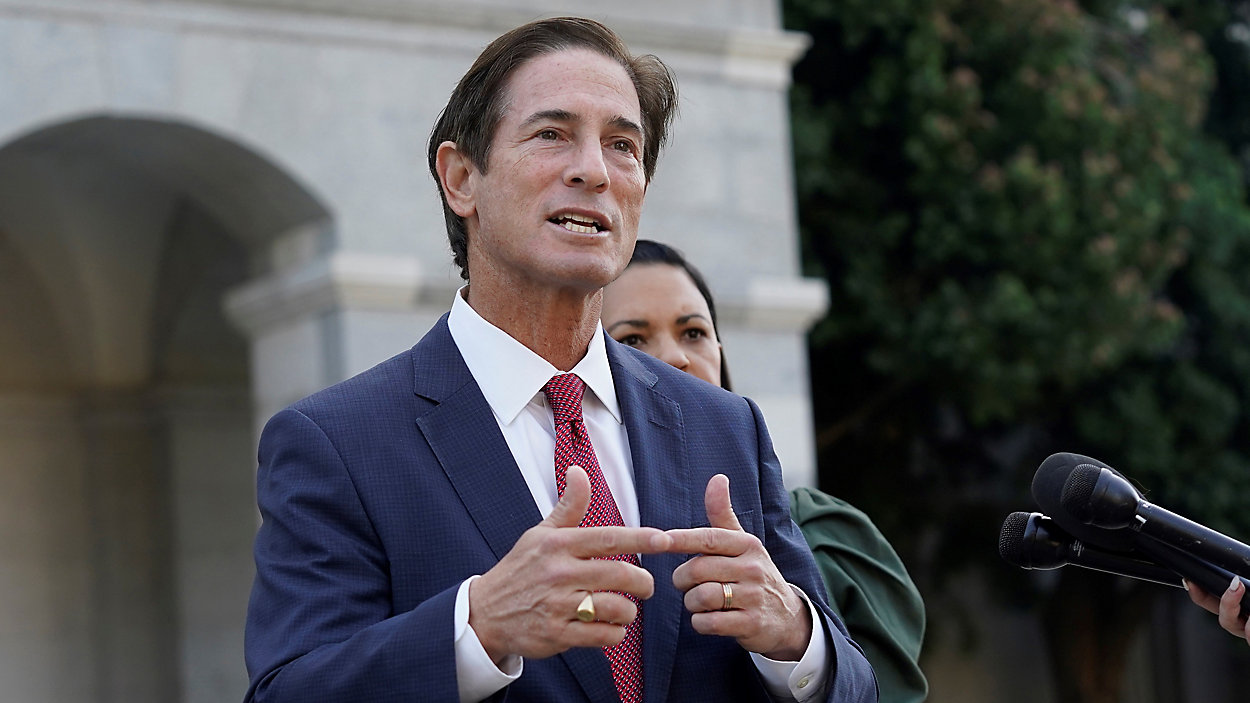Earlier this month, the Trump administration announced that it had reached deals with Nvidia and Advanced Micro Devices (AMD) under which the companies would pay the federal government fifteen percent of the money they make selling artificial intelligence chips to China. Both Howard Gleckman at The Tax Policy Center and Professor Ilya Somin at The Bulwark were quick to point out that the deals are, in effect, taxes, but that the Constitution bans export taxes, thus implying that the deals are unconstitutional.
Are they right? Possibly—but the answer is less straightforward than one might think.
Do the Deals Impose Taxes?
Article I, Section 9 of the Constitution provides: “No tax or duty shall be laid on articles exported from any state.” The Nvidia and AMD deals violate that provision if they are taxes on exports. Determining whether they are requires answering two questions: (1) Are they taxes? (2) Do they apply to exports?
To answer those questions thoroughly would require knowing the full details of the deals, which, as of this writing, have not been made public. What we do know is that neither deal calls the U.S. stake in the companies’ earnings “taxes.” Rather, the payments appear to be conditions on the lifting of export restrictions imposed on the sale of Nvidia’s N20 chips and AMD’s MI308 chips.
The fact that the deals do not label the payments “taxes” should not matter for constitutional purposes. Consider the 2012 decision in National Federation of Independent Business (NFIB) v. Sebelius, which upheld the individual mandate of the Affordable Care Act. There, Congress took special care not to call the penalty to be charged individuals who did not obtain health insurance a “tax.” Speaking for a majority on this point, Chief Justice John Roberts wrote that the payment due for not carrying health insurance was nonetheless a tax for constitutional purposes because it functioned as a tax.
To be sure, the NFIB case concerned the question whether Congress had the affirmative power to impose the mandate. It did not involve the prohibition on export taxes. However, that does not matter because the principle that function predominates form should and does apply in both settings.
As Justice Ruth Bader Ginsburg wrote for a unanimous Supreme Court in the 1998 case of United States v. United States Shoe Corp., the crucial question for purposes of the export tax prohibition is whether a legally mandated payment “bears the indicia of a tax.” There, the Court rejected what the government sought to characterize as a “user fee” because it was associated with the value of the goods, not the value of services the government provided. Crucially, the money Nvidia and AMD must pay is likewise based on sales volume, and thus a tax for constitutional purposes.
Does the Tax Apply to Exports?
Thus, we come to the second question: does the tax to which Nvidia’s and AMD’s Chinese sales apply amount to a tax on exports? The answer appears to be no—at least for now.
Nvidia and AMD design their chips primarily in the United States. However, neither company manufactures the chips it designs. Rather, they contract with Taiwan Semiconductor Manufacturing Company (TSMC), which makes both Nvidia’s N20 chips and AMD’s MI308 chips in its facilities in Taiwan. Therefore, a tax on the sale of N20 and MI308 chips is not a tax on “articles exported from any state.” Not having ever been in a state of the United States, the relevant chips are not being exported from one of them.
The answer is not quite so simple, though, because TSMC recently completed construction of a manufacturing facility in Arizona and has begun to make chips there. So far as I have been able to ascertain, TSMC is not currently making N20 or MI308 chips in Arizona, but they could. Moreover, both Nvidia and AMD would like to sell others of their chips in China as well. If the fifteen percent tax applies to any chips made in Arizona, that would clearly violate the Constitution’s export tax prohibition.
Accordingly, depending on the precise details of the agreements with Nvidia and AMD, they could presumably void the obligation to pay the fifteen percent by moving their manufacturing to TSMC’s Arizona plant and then suing to vindicate their constitutional entitlement to be free of export taxes.
Will the Chip Makers Sue?
Nonetheless, it is unlikely that Nvidia or AMD will pursue such a course because in doing so they would risk the revocation of the underlying deals that allow them to sell chips in China at all. The recent deals relax bans on the export of AI chips that the president had imposed pursuant to the power delegated by Congress to “control . . . the export . . . of items . . . relating to . . . foreign military, security, or intelligence services.” The companies apparently agreed to the de facto fifteen percent tax because they calculated that paying the tax on their sales to China was more profitable than doing no business in China.
But wait. Does the Constitution so easily permit circumvention of the export tax prohibition? Suppose Congress passed a law that expressly banned some export on ostensible national security grounds but then included an exception to the ban for companies that paid a tax on the export. Presumably that would be an export tax, unless there really were some national security justification for that structure.
It is just barely possible to imagine such a justification. Suppose the U.S. was in relatively short supply of a material necessary for national security. Congress might want to ensure that there were sufficient domestic supplies of that material by banning its export. If so, a conditional tax on the export of the material could still serve the national security purpose because the tax would disincentivize exports and could thereby ensure adequate quantities for U.S. military use.
Yet that kind of rationale does not apply to the chip deals. The U.S. was not restricting AI chip exports to China to ensure adequate domestic supplies. It was doing so for fear of assisting China in its own military and intelligence operations. A tax on exports of chips to China is not in any real sense a substitute for a ban on those exports.
Accordingly, Nvidia and AMD could indeed task TSMC with manufacturing the chips in Arizona and then sue to have the tax invalidated as a tax on exports. If the administration were to invoke its national security authority, the companies could respond that the invocation is pretextual.
Alternatively, the companies could argue that while the statutory delegation linked above gives the president the power to “control” certain exports, it does not delegate any taxing authority. That argument would parallel the argument currently being litigated regarding President Trump’s use of congressionally delegated emergency regulatory powers to impose import tariffs.
In practice, however, we should not expect the companies to challenge the de facto tax. Nvidia and AMD have likely learned the same lessons that media companies, law firms, and universities have learned about the Trump administration: it will ruthlessly and shamelessly use any and all points of leverage, including unrelated regulatory authority, to punish those entities that refuse to do its bidding. Even though the fifteen percent tax may be unlawful, the companies have probably been advised by their lawyers that contesting it would risk economically ruinous retaliation.
Here, as elsewhere, the question is not so much whether the Trump administration is acting lawfully. The question is whether the administration can get away with violating the law. And as it is in other contexts, the answer is probably yes.


























